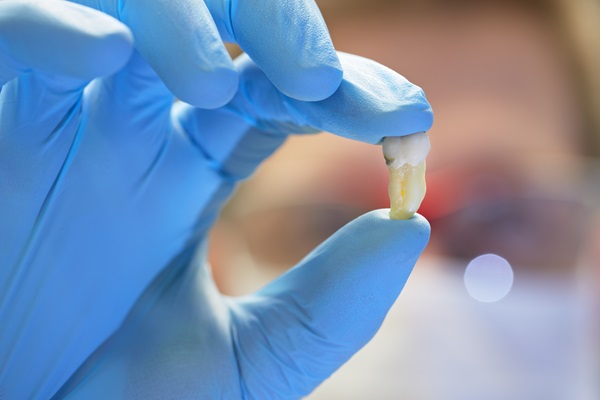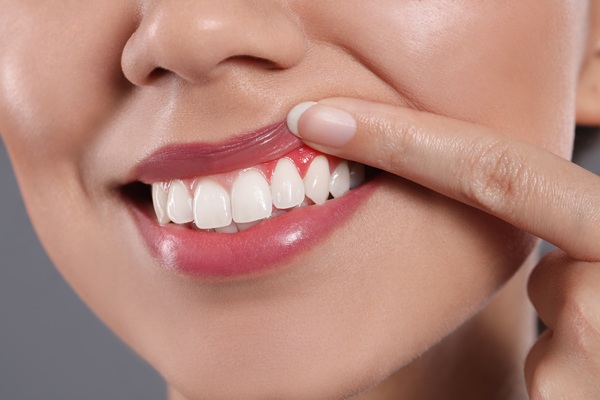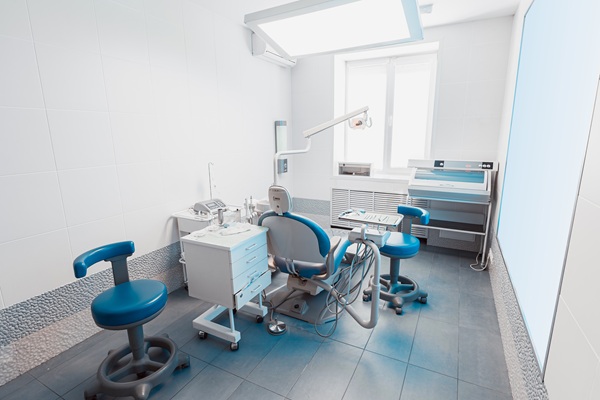What To Know When Getting a Tooth Extraction
It may be frightening and nerve-wracking to be faced with the prospect of tooth . Read on to learn more about this procedure. Unknown to many, tooth extraction is a common dental procedure, and knowing the process involved can help ease one's fear.
The need for tooth extraction
A filling, crown, or other dental treatment is typically used to restore teeth that have been fractured or damaged. However, if the damage is too severe to be repaired, a dentist may suggest extracting the tooth. Other reasons for a tooth extraction include:
- Decay or infection that has affected the tooth's core and roots
- Injury or trauma
- Overcrowding
- Preliminary procedure for orthodontic treatment
- Baby teeth that fail to come out when due
- Problems with wisdom teeth
Preparing for a tooth extraction
Before tooth extraction, the dentist will go over the patient's medical and dental history and take the necessary x-rays. The x-ray will show the length, form, and location of the tooth and surrounding bone. The dentist may use this information to decide the tooth extraction method, which can be either simple or surgical.
The dentist will administer a local anesthetic to numb the tooth's region before proceeding with the extraction. The dentist may also use intravenous (IV) anesthesia, which may vary from conscious sedation to general anesthetic, during a more complex extraction, known as a surgical tooth extraction. In this situation, patients need to make arrangements for transport home after the operation and have someone watch them until the effects of the anesthetic have worn off.
The tooth extraction process
A simple extraction is done when the tooth is above the gum and visible. The dentist will numb the tooth and gum tissue and loosen it using an elevator before extracting it with dental forceps.
A surgical extraction is a more complicated procedure for removing a tooth that breaks at the gum line or has not yet erupted. The dental professional will make a tiny incision on the gum and remove the underlying tooth during a surgical extraction.
Following the extraction
After tooth extraction, an essential thing to remember is to keep the area clean and free of infection. Following the treatment, the dentist will provide specific aftercare recommendations. Still, during the first 24 hours after the extraction, patients should avoid smoking, aggressively rinsing the mouth, or brushing around the extraction area.
Some pain and discomfort may occur after the procedure. In certain instances, the dentist may suggest or prescribe a pain reliever. Applying an ice pack to the cheek may help to decrease swelling. Limit vigorous exercise, stay away from hot drinks, and do not drink via a straw. Normally, discomfort should subside within three days to two weeks. If you have persistent or severe pain, swelling, bleeding, or a fever, contact your dental professional at once.
The bottom line
Whether you have undergone the procedure before or this is your first time, the best way to ensure a successful and pain-free operation is to carefully follow your dentist's instructions before and after the procedure. Tooth extraction can help you maintain a healthy, confident smile.
Request an appointment here: https://www.njdental1.com or call NJ Dental 1 at (856) 632-1727 for an appointment in our Cherry Hill office.
Check out what others are saying about our dental services on Yelp: .
Recent Posts
Wisdom tooth extraction is common as a lot of individuals experience eruption. The procedure is known to induce anxiety because it does require pulling teeth. However, modern technology has allowed for better techniques, which reduce recovery times and pain. Pain is typically the most common concern of wisdom tooth extraction and rightly so! Keep reading…
Practicing good oral hygiene is a great way to avoid needing Emergency Dental Care. However, in some cases, taking good care of the mouth and teeth is not enough to prevent a dental emergency, which can happen at any time for a variety of reasons.When it comes to emergency dental care, a lot of people…
If you've knocked out a tooth, it's an emergency dentistry situation, and you should call your dentist immediately. If they can't see you right away, an emergency dentist can help you in the meantime by putting the tooth back in place and providing emergency dental care until you can get to the dentist's office. Read…
An emergency dentist can provide the treatment that you need when you find yourself dealing with a loose tooth. A loose tooth is just one step away from falling out of its socket, so it requires emergency dental care.Lost adult teeth that fall out need to be quickly replaced to avoid issues that often come…


